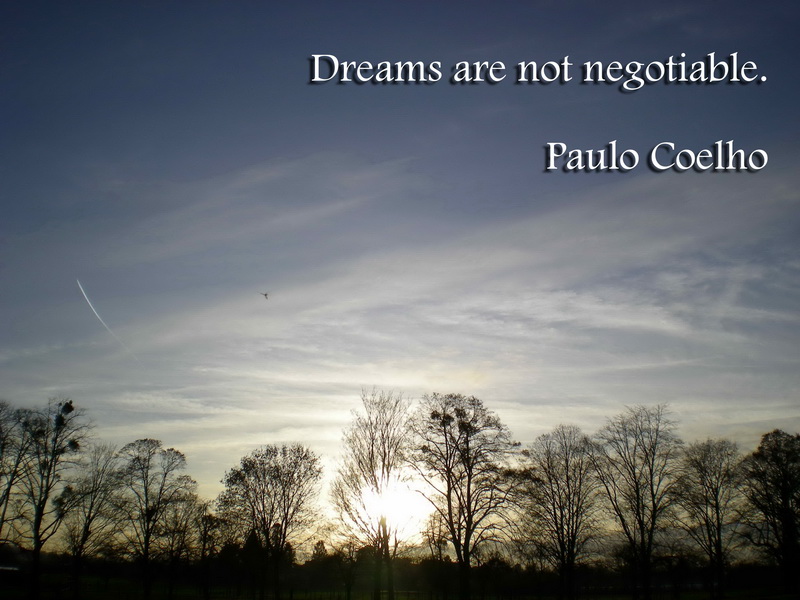
According to Zora Neale Hurston, an author and anthropologist who was part of the Harlem Renaissance, “There are years that ask questions and years that answer.” I believe it is true. It is a perpetual personal quest. We all have an ongoing secret battle. In the midst of years, our childhood shapes our adulthood, many years are continuous questions, and some years are delightful answers. And we are blessed with unexpected joy and magic.
I always loved the term renaissance. In middle school a rebirth seems so poetic. A conscious effort to be something else seems so brave and daring. In high school renaissance was a necessity because society needs cultural movement, new intellectual pursuits, and artistic development in the diversity. My view on renaissance with my cultural identity was a mix an African, Caribbean
Life is about creating yourself, it is not about finding yourself. We are who we are. But we choose what we want to be in life. That is why I believe in life being an everlasting Renaissance. I did read about Buddhist, the Bible, and the Quran. One day, I will read the Torah. A Muslim scholar Mahmoud Ayoub stated that "The goal of true jihad is to attain a harmony between (submission), (faith), and (righteous living).” And Hindu Prince Gautama Siddharta, the founder of Buddhism, said “What we are today comes from our thoughts of yesterday, and our present thoughts build our life of tomorrow: Our life is the creation of our mind.”
In my opinion, religions support life as an everlasting renaissance. In my everlasting renaissance, I appreciate the answers not always gracefully but I do. I respect our elders even more because lifestyles have changed but the wisdom from years is still the same. We all strive for high ideals and fight personal struggles. Everlasting Renaissance is a struggle that we all face regardless of religions, beliefs, and origins.




















